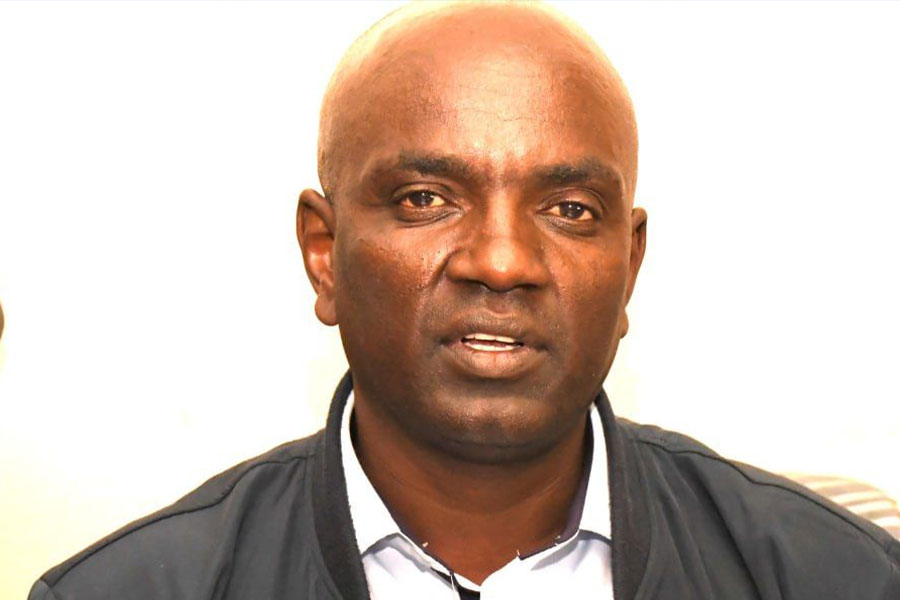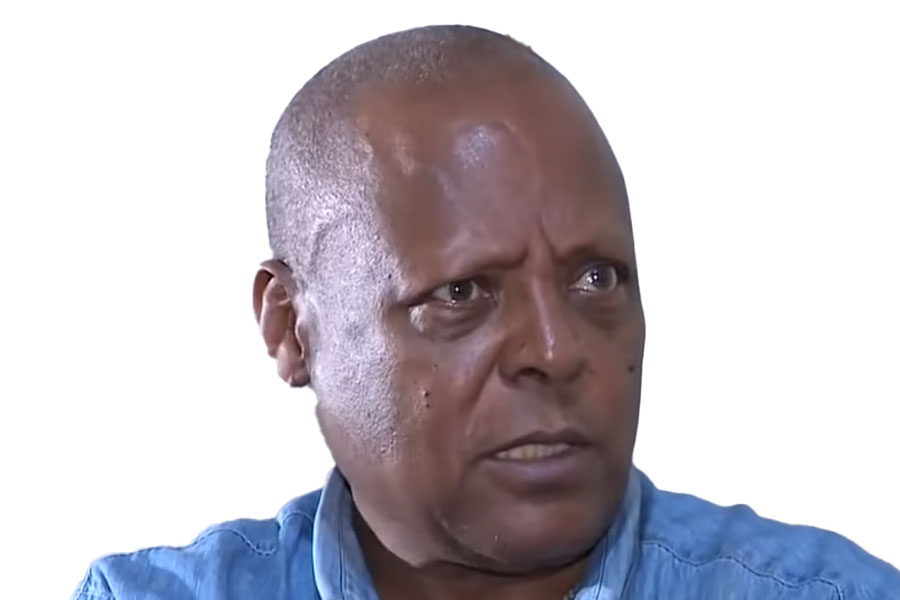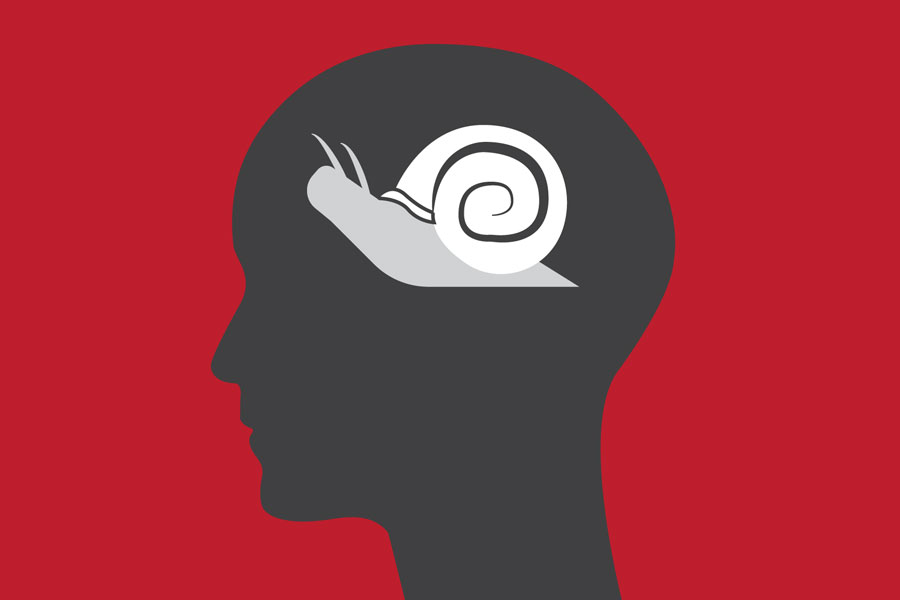
Life Matters | Apr 13, 2025
Sep 27 , 2025
By Kidist Yidnekachew
Civic appeals and modest fines rarely compel behavior. At Megnagna, a 20,000 Br penalty on taxi drivers proved devastatingly effective. Faced with financial ruin, drivers refused passengers rather than risk disobedience. The lesson is blunt: laws work when breaking them becomes unbearable, regardless of whether the rule itself makes sense.
The question of how to make people follow rules has always fascinated me. Governments and societies have wrestled with it for centuries. We often hope that citizens obey laws out of civic duty or fear of social consequences, but reality is rarely so tidy. Many legal systems lean on modest financial penalties, yet these often fall flat. For determined offenders, a fine is simply the cost of doing business. But the equation changes when the penalty stops being a fee and starts becoming a devastating financial threat. Suddenly, compliance is no longer optional. I learned this the hard way one afternoon in Addis Abeba.
The theory is straightforward, the punishment must outweigh the reward. A driver rushing through traffic may weigh the inconvenience of a speeding ticket against the benefit of saving time and decide the risk is worth it. In that case, the law is not a deterrent, it’s just another variable in their personal cost-benefit equation. But when a fine is so high it threatens someone’s livelihood, their savings, even their long-term stability, the calculus shifts. It stops being about convenience and becomes about survival.
I saw this principle unfold right in front of me at Megnagna, a major junction where taxis stream in from Kotebe, Yeka Abado, and other neighborhoods. I needed to get a taxi to 6 Kilo. Normally, that’s not a problem, drivers in Addis are masters of improvisation, always ready to squeeze out a fare. But to my shock, taxi after taxi refused me. The refusals weren’t the usual excuses or haggling tactics. This was a wall of polite but firm no’s, a level of united defiance that felt out of character.
Perplexed, I finally asked a taxi assistant what was going on. His answer floored me, there was a fine of 20,000 Br for drivers caught taking that particular route. To put it bluntly, it was financial suicide. No driver could afford to gamble with such a penalty. Overnight, the city had achieved total compliance not through goodwill or civic discipline, but by dangling the threat of economic ruin.
Compare this with speeding. Everyone knows it’s dangerous; there are fines in place, yet people still do it every day. Why? Because a speeding ticket is a nuisance, not a catastrophe. You pay, grumble, and keep driving as before. But a 20,000 Br fine? That’s not just a punishment, it’s a life-altering blow. It doesn’t invite negotiation or risk-taking. It shuts the door on disobedience entirely.
And here lies the irony. The rule itself struck me as absurd, forcing passengers to trek long distances when taxis were right there, engines idling. The city seemed more invested in enforcing this inconvenient route restriction than tackling far more serious violations that threaten public safety. It revealed something uncomfortable, the effectiveness of a fine has little to do with the logic of the rule it enforces. The instrument is powerful, even when the policy is questionable.
For all their ingenuity, taxi drivers had been reduced to perfect rule-followers, not by persuasion or civic loyalty, but by sheer fear of financial collapse. That afternoon taught me an unambiguous lesson, if you want laws obeyed, make the price of breaking them unbearable. It may feel blunt, even unjust, but it works. Human beings may resist appeals to reason or duty, but when the cost of defiance carries the shadow of ruin, obedience follows without hesitation.
PUBLISHED ON
Sep 27,2025 [ VOL
26 , NO
1326]


Life Matters | Apr 13, 2025

Radar | Jun 21,2025

Commentaries | Nov 12,2022

Fortune News | Dec 07,2019

Radar | Jan 12,2019

Editorial | Apr 20, 2025

Verbatim | Jul 20,2019

Verbatim | Aug 12,2023

View From Arada | May 21,2022

Sunday with Eden | Sep 01,2024

Photo Gallery | 175097 Views | May 06,2019

Photo Gallery | 165323 Views | Apr 26,2019

Photo Gallery | 155613 Views | Oct 06,2021

My Opinion | 136774 Views | Aug 14,2021

Dec 22 , 2024 . By TIZITA SHEWAFERAW
Charged with transforming colossal state-owned enterprises into modern and competitiv...

Aug 18 , 2024 . By AKSAH ITALO
Although predictable Yonas Zerihun's job in the ride-hailing service is not immune to...

Jul 28 , 2024 . By TIZITA SHEWAFERAW
Unhabitual, perhaps too many, Samuel Gebreyohannes, 38, used to occasionally enjoy a couple of beers at breakfast. However, he recently swit...

Jul 13 , 2024 . By AKSAH ITALO
Investors who rely on tractors, trucks, and field vehicles for commuting, transporting commodities, and f...

Oct 18 , 2025
The political establishment, notably the ruling party and its top brass, has become p...

Oct 11 , 2025
Ladislas Farago, a roving Associated Press (AP) correspondent, arrived in Ethiopia in...

Oct 4 , 2025
Eyob Tekalegn (PhD) had been in the Governor's chair for only weeks when, on Septembe...

Sep 27 , 2025
Four years into an experiment with “shock therapy” in education, the national moo...

Oct 18 , 2025 . By NAHOM AYELE
In a sweeping reform that upends nearly a decade of uniform health insurance contribu...

Oct 18 , 2025 . By BEZAWIT HULUAGER
A bill that could transform the nutritional state sits in a limbo, even as the countr...

Oct 18 , 2025 . By SURAFEL MULUGETA
A long-planned directive to curb carbon emissions from fossil-fuel-powered vehicles h...

Oct 18 , 2025 . By BEZAWIT HULUAGER
Transaction advisors working with companies that hold over a quarter of a billion Bir...